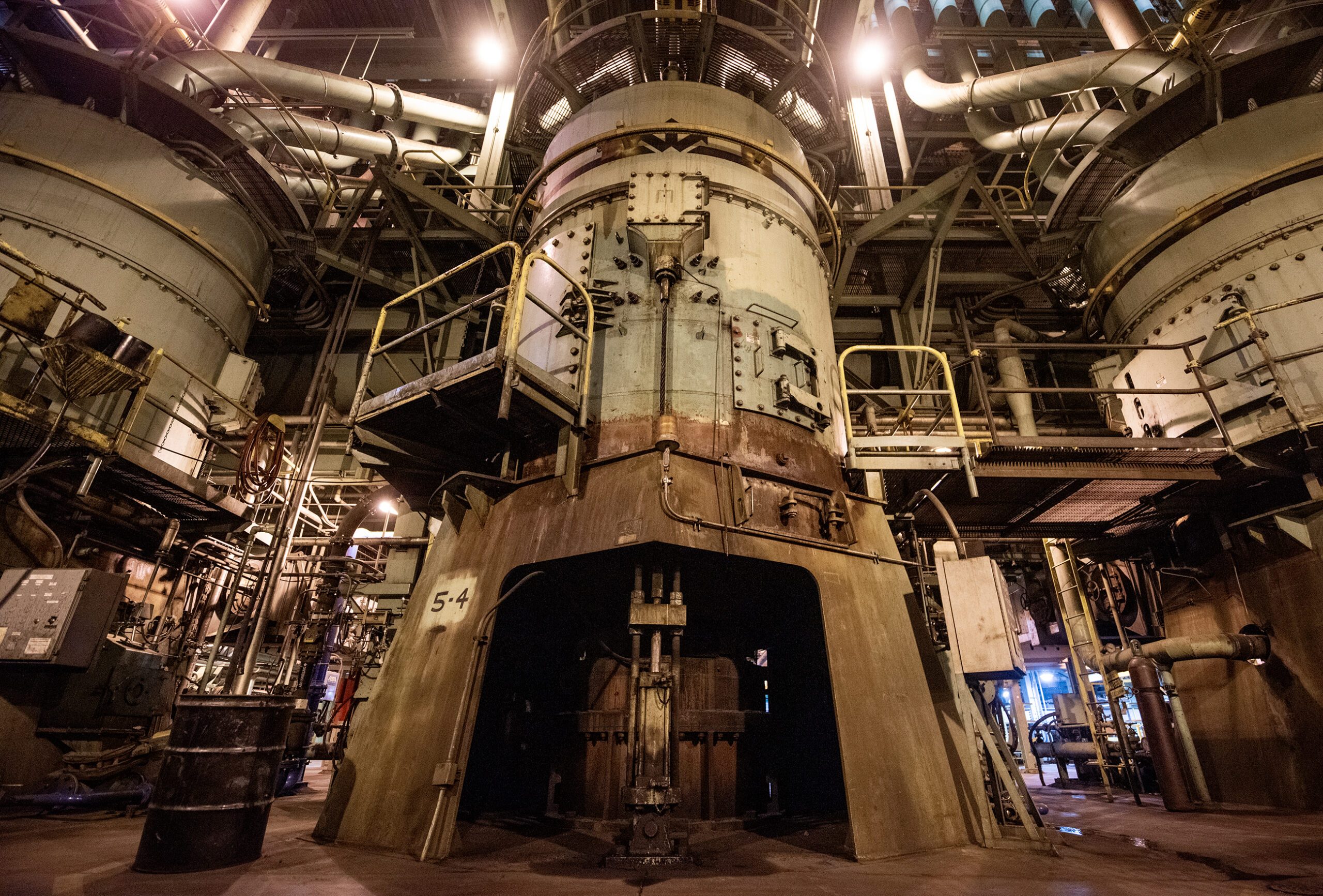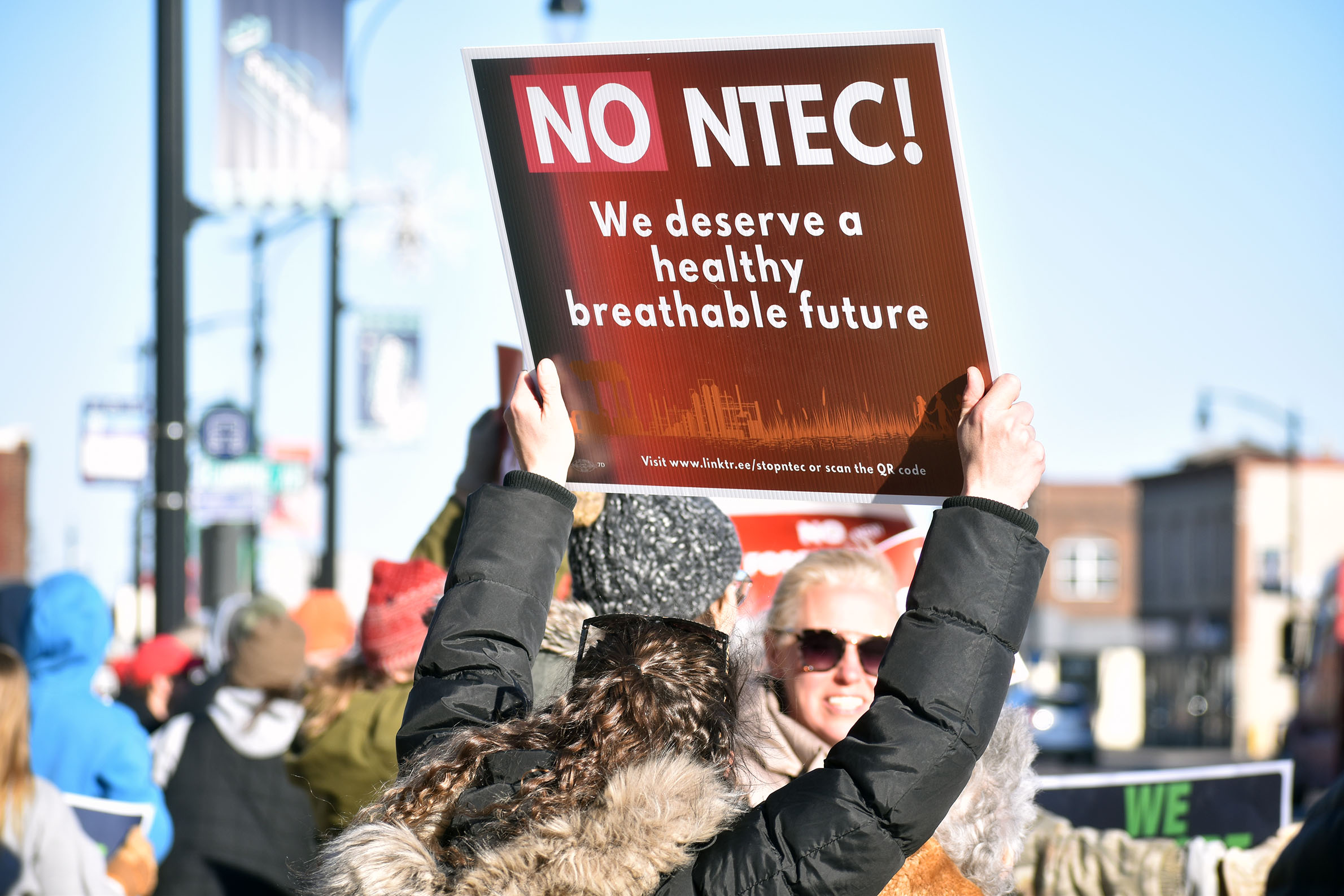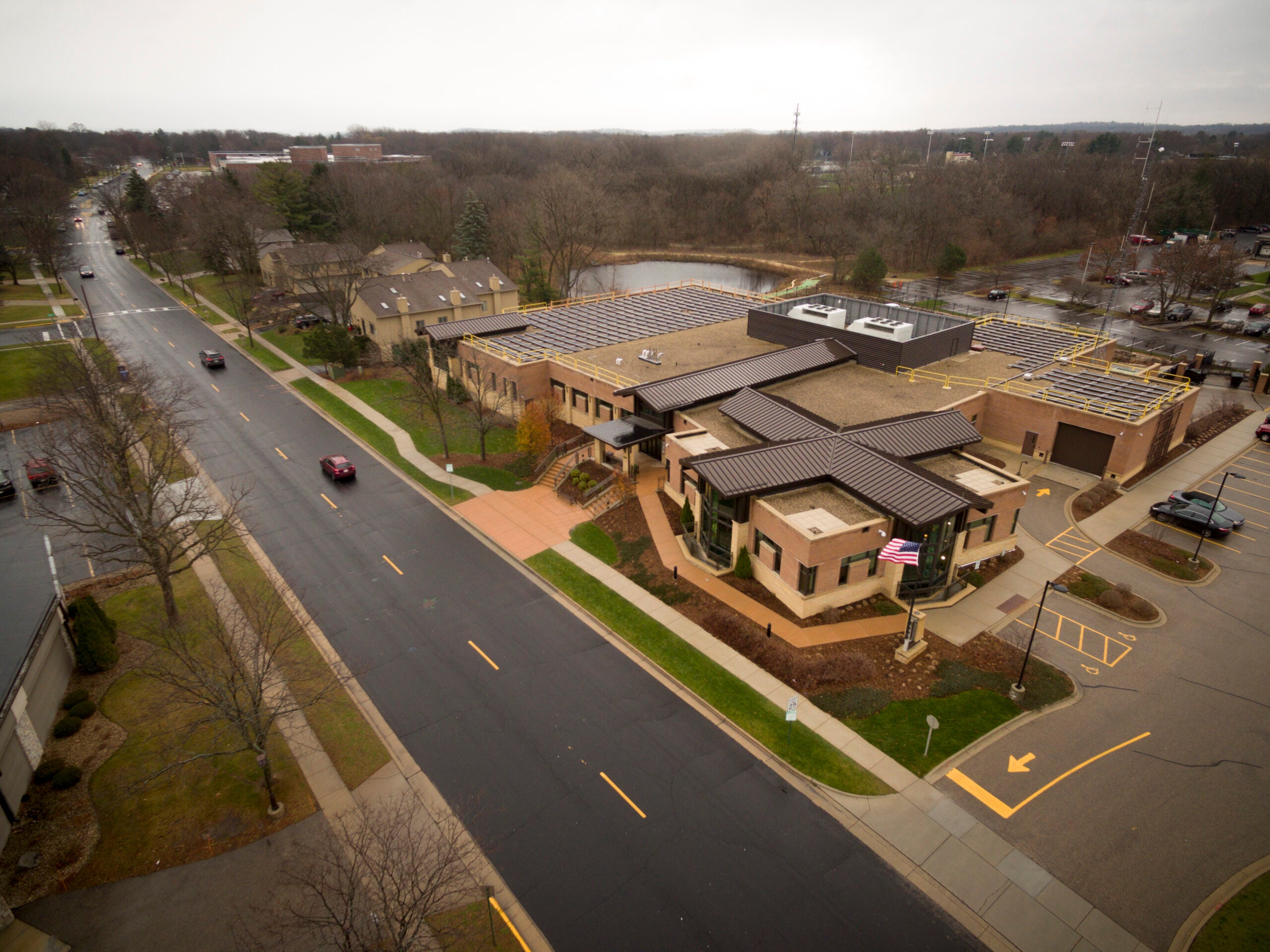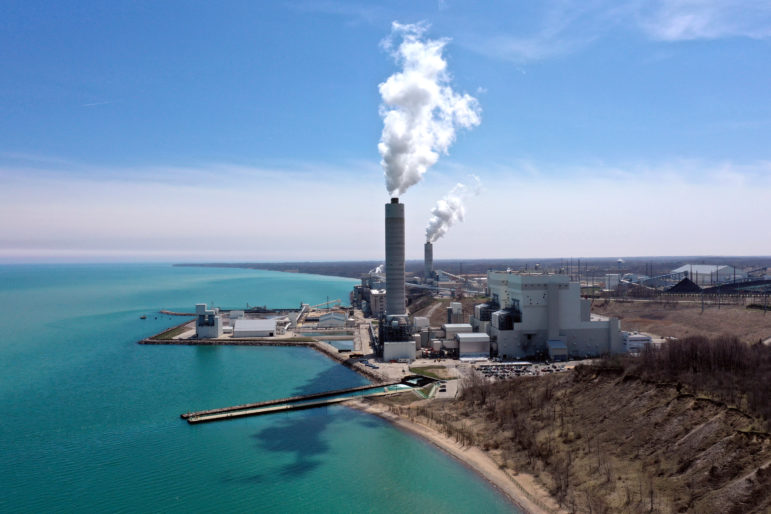Communities across Wisconsin are looking at ways to save energy as part of the Green Tier program.
Green Tier is a voluntary program made up of 12 communities in the state. Laurel Sukup, the Wisconsin Department of Natural Resources’ sustainability and business support section chief, works with them to support their sustainability goals. She said they, along with groups 1,000 Friends of Wisconsin and the Wisconsin Energy Conservation Corporation, help cities move forward faster than if they were working alone.
She said they’re also asking cities to track energy use.
Stay informed on the latest news
Sign up for WPR’s email newsletter.
“We’re hoping to provide a network where people can share best management practices that are relevant to Wisconsin communities,” she said.
Sukup said some are looking at wastewater treatment plant upgrades, solar or energy-efficient lighting.
“We’re asking them to take a look at where they are as a snapshot in time right now and contemplating what types of steps they can take to influence that energy consumption,” Sukup said.
Bayfield Mayor Larry MacDonald said his city is among those seeking benefits from reduced energy consumption.
“It would keep taxes from rising so fast,” he said. “The other primary reason is certainly in terms of the effects on our environment with carbon emissions and greenhouse gases and climate change issues. It just makes sense.”
MacDonald said his city is among those seeking benefits of reduced energy consumption.
“It would keep taxes from rising so fast,” he said. “The other primary reason is certainly in terms of the effects on our environment with carbon emissions and greenhouse gases and climate change issues. It just makes sense.”
MacDonald also said they’re looking at cost-savings for city buildings.
“Could we change out HVAC equipment? Are we using inefficient lighting still in certain places?” he said.
MacDonald said the city spends about $100,000 on natural gas and electricity.
Wisconsin Public Radio, © Copyright 2024, Board of Regents of the University of Wisconsin System and Wisconsin Educational Communications Board.




